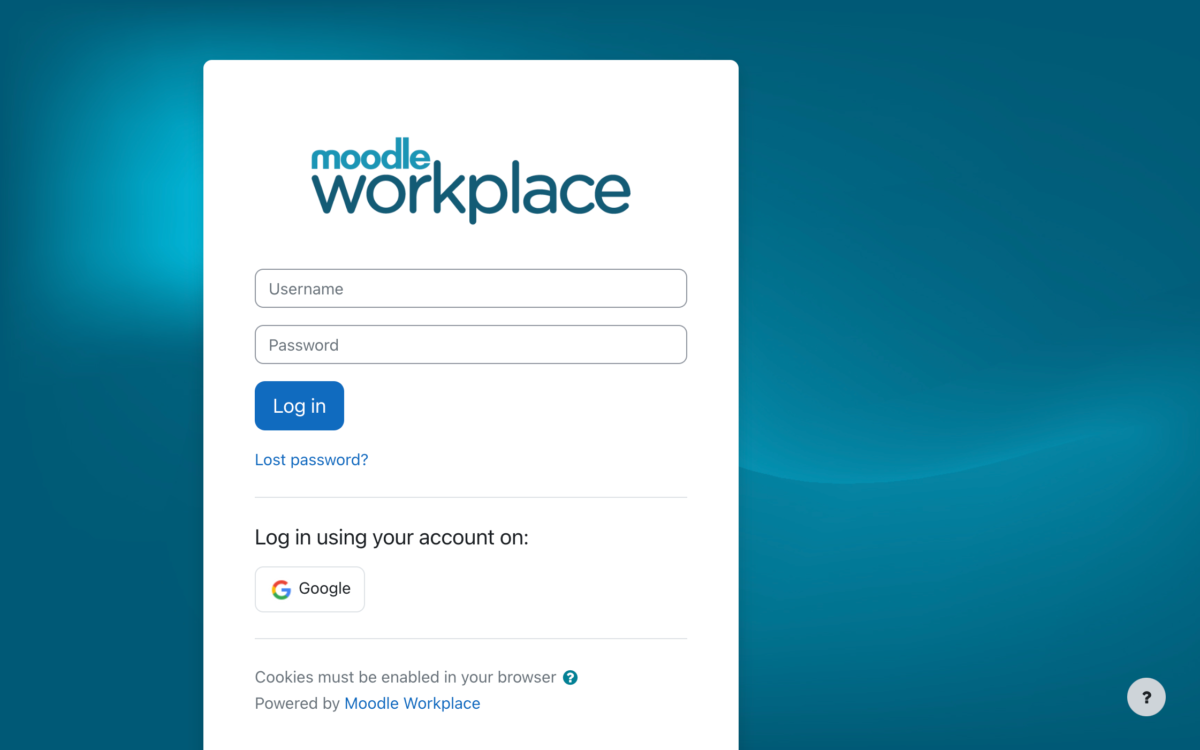If you are embarking on the first steps in choosing the right corporate LMS software, there are many facets to your decision.
In general, corporate LMS software, should minimally provide the following features:
- The collection of training metrics
- Skills Gap Analysis
- Customisable for adjusting training to meet needs
- Ability to pre- and post-test learners
- Flexibility when it comes to app plug-ins
- Reporting functionality
The best way to test the software, to make sure its basic functionality is what you’re after is to request a free trial. MyLearning Space and Totara offer free trials for their corporate LMS so you can compare them with other providers. We won’t name the other providers here for obvious reasons, but they are all accessible on the web.
Another key point in choosing the right Corporate LMS software is to make sure it can deliver your primary goal, which is to train or up skill your employees with the minimum amount of hassle. That often requires a collaborative social platform, which is a feature of Totara. You may need to draw on the expertise of others who are in different locations and this can be most economically accomplished through collaborative social media platforms.
The type of LMS software you choose will also depend on the size of your business.
Small businesses that need to on board remote staff can immediately plug their hires into an LMS that has the training ready to roll. Moodle is a good choice for this type of simple LMS that can be constructed quickly from a downloadable package; training assets, with which may include video, followed by a quick test that is tracked and scored automatically, are all standard Moodle features. Moodle works with as a blended LMS platform as well and can be run from the cloud as an SaaS package with follow-ups from contract trainers using VoIP services.
Medium-sized businesses can also benefit from a corporate LMS because they can use their platform to refine who gets what information and training. This type of architecture is a feature of Totara, which can be adapted well to businesses with a number of departments with different training needs.
For large companies, the corporate LMS can be a key feature in training not only your employees, but also your customers who will be using your product. This can keep the brand vibrant and top of mind with your customers who need to feel comfortable that their questions will be answered in a timely fashion. Your free trial system, which can sit on your corporate LMS, can be linked to data that will be delivered to your sales staff who can follow up on leads and see the actual behaviour of your prospects. There are many CRM systems that can feed of your LMS data.
Finally, you should consider the two basic software types in the corporate LMS world. An open-source LMS, such as Moodle, is highly configurable so can be shaped to meet your training needs. An open-source LMS can also serve as a hub for API and App plug-ins. A platform such as Moodle also has a global user community that is an excellent resource for innovation and trouble shooting, My Learning Space is part of that community.
A commercial LMS can be deployed behind your company firewall so is less prone to security risks and can often feature access to live tech support. The issue to consider with an off-the-shelf solution is that you may be locked in to features that you don’t want.
Now that you have a good idea about choosing the right corporate LMS, it’s time to go shopping, but if you don’t want to waste time, we’re happy to have a chat with you to benchmark your needs. We may have the solution you are seeking at My Learning Space – contact us.







